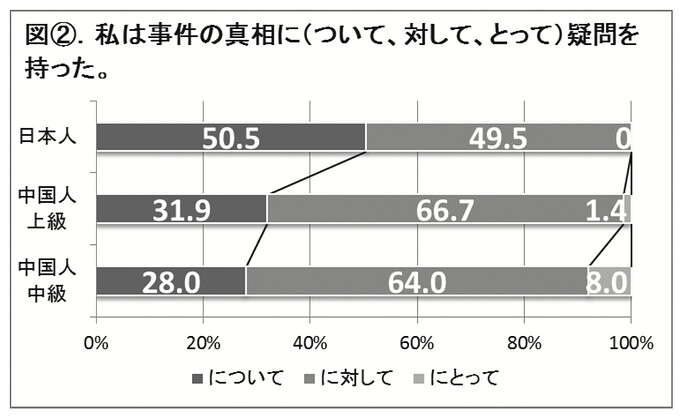What is the nuanced difference between について and に対して
What do you mean nuanced? I feel like they are very different.
について means “regarding” in a sense that you wanna talk about something or provide some information about it, for example: 昨日の事について話したい.
You can’t use に対して this way. I like to translate it to “when faced with”, although after looking it up in a dictionary now, maybe “towards” would be a good translation too according to my experiences so far. Anyway, I use it when something is done towards something, for example: 子供に対してそんな言葉は使わないほうがいい. I see that the dictionary provides “regarding” translation as well, but I never saw it used like that. Maybe in my example you could translate it like that too, but there are way better ways to translate it that are closer to the vibes I get from 対する.
Speaking of 対する, in situation like these it is always good to look up the kanji used in the expressions. に付いて and に就いて give a vibe of attaching to a topic, whereas に対して’s kanji means opposite, so it’s like you want to contrast something and my mental image with 対 is of two people standing face to face. They are absolutely not interchangeable.
Maybe you find this document interesting that I found:
It has examples like this one where Japanese university students liked both options more or less equally well in a survey:
Interesting, I can see here perfectly how both can work, although let’s be fair, they still don’t mean the same.
Edit. That document provides a lot of examples that may clear some things up for the OP and anyone interested, so thanks for posting it. There are indeed cases where both expressions can be used, however there are more cases where they can’t.

